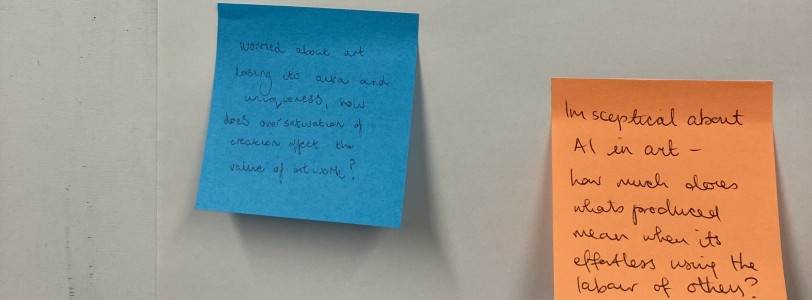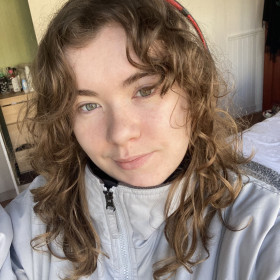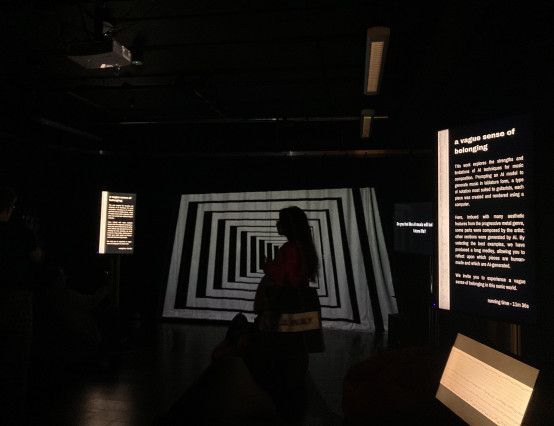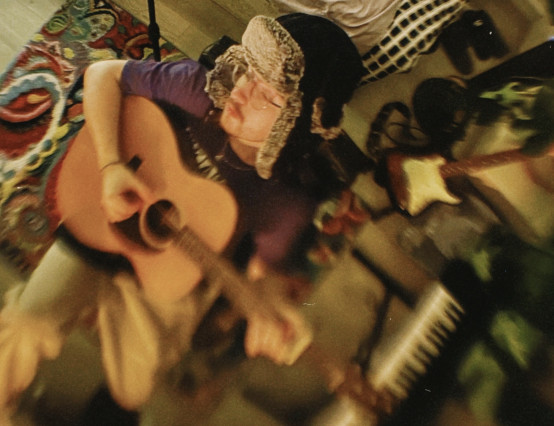When I was younger I visited Audley End House and Gardens - a big stately home in the Essex countryside owned by English Heritage. Upon arriving, I awaited the boredom of being dragged around historical rooms whilst my grandparents stopped to read every detail about ancient inanimate objects. However, to my surprise, I was overcome with a sense of inspiration.
I’d just finished reading the entire series of A Game of Thrones and had been heavily invested in the fantasy, binging explanatory videos on youtube of minor plot points and frantically googling when the final book would be released.
My obsession inspired a new story; suddenly, I could envision the entire plot of a book that took place in this stately home. As we walked from room to room, from the house to the gardens, the intricate details of the plot seemed to flow naturally into my brain. I felt a form of inspiration and excitement that had never occurred before. I wrote down every detail that came to me on the notes app of an iPhone 4 that I later ended up smashing to the point of no return. The story that I planned out is now lost, but to this day I haven’t forgotten that feeling: the overwhelming sense of enthusiasm that I would one day turn this story into a book.
Currently, I have not started writing this figurative book, nor do I think that I’ll start in the near future. I still believe that the narrative I came up with was brilliant (which is why I won’t be disclosing it in this article, just in case), but the idea of my manifestations becoming reality feels far out of reach. This is mostly because I could win an award for procrastinating, and even though I love to write, I feel so much pressure on the work being perfect that I often put it off to the point of never starting in the first place. Writing articles can prove challenging sometimes when you’re stuck for inspiration, let alone writing an entire book.
As a recent graduate, I have likely written hundreds upon thousands of words throughout my academic career in the form of essays, articles, book reviews and case studies. I’ve also been involved in a student magazine on top of this. Writing has dominated my life for a prolonged period and, although I’ve thoroughly enjoyed producing work that I am immensely proud of, sometimes the process is incredibly exhausting.
I believe that the writing of a human will always be immensely more powerful, informed and interesting than that of any kind of robot, but I understand that many writers may feel drawn to AI as an easy and accessible way to overcome writer’s block. There are many new programmes that are described as ‘AI writing assistants’ - G2 lists 220 to be precise – but there is one programme that seems to dominate AI discourse: ChatGPT.
The main takeaway at the minute is that, yes, it can write something relatively good. Particularly if you’re looking for a convincing cover letter or introduction to your essay. However, it does lack a sense of emotiveness that is crucial when it comes to writing fiction or any other form of prose that requires self expression… right?
With this in mind, I was curious to see if ChatGPT could produce a convincing blurb for my future book. I typed the plot in some detail asking it to write me a short synopsis and the results are… good. I wanted a result that was clearly written by a non-human, completely devoid of emotive language, too logical.
This unnerved me. I wasn’t expecting it to produce something that perhaps, with a few tweaks, was perfectly usable. My next thought was, “Ah, it’s okay. AI could never write a full book…Could it?”
A quick google said that, yes, AI could in fact write a novel. This is possible now, even though the technology has not yet reached its full potential.
Again, it’s unclear how good of a book artificial intelligence could write. If it scours the internet and bases everything upon work that already exists, that could lead to some very unoriginal plot points. However, this is arguably the same as taking human’s taking inspiration from other works of art.
I don’t feel like I should abandon my hopes and dreams that I can one day write my book, just because AI could… The inspiration I felt the day that I visited Audley End came from my own imagination, turning my surroundings into something completely new. Little pieces of the plot seemed to float into place and I was so excited at this feeling that I’d never experienced before.
For me, creative writing is total freedom. It isn’t like academia or writing articles where there are certain restrictions. It is a skill that I would love to get better at, simply for personal fulfillment. When I dreamed that I could write a book, it was not profit-driven. In fact, the thought that I wanted to make lots of money never even crossed my mind.
In a capitalist society, it feels that that money should be our main objective in everything that we do. How many of us have started a new hobby simply for enjoyment but have felt that if we got really good, we could perhaps monetize this and have an extra income or ‘side hustle’. I have felt this with nearly every creative avenue I have pursued.
Most creatives that I know do not have money at the heart of their passion, but since it's essential that we must work (and it is notoriously hard to get a foot in the door of the creative industry) those of us who manage to secure a living doing something that we do enjoy, I imagine, feel incredibly lucky.
This is crucial to understand points that are currently being raised by the Writers Guild of America, who have been on strike since May. Time Magazine reports that the WGA are demanding better working conditions, compensation structure and protection against the threat of Artificial Intelligence.The strike has since grown in power, with SAG-AFTRA (the Screen Actors Guild- American Federation of TV and Radio Artists) now partaking for the same reasons.
These strikes highlight how the film and TV industry, particularly streaming services such as Netflix, often prioritize profits over their workers. AI therefore is cause for significant concern, as it will likely be a cheap and quick alternative to human screen-writers.
Put simply, it is not fair that creatives could be out of a job. AI does have many uses and will be used to advance our society in exceptional ways, but in an industry that is so inherently human, these types of technology should not be so readily accepted. A new generation of creators should be able to aspire to working in film, TV, media, music and as novelists without feeling that their work is less valuable. We should be able to pursue a career in these fields if we so choose and we must demand collectively that protections are put in place.









0 Comments